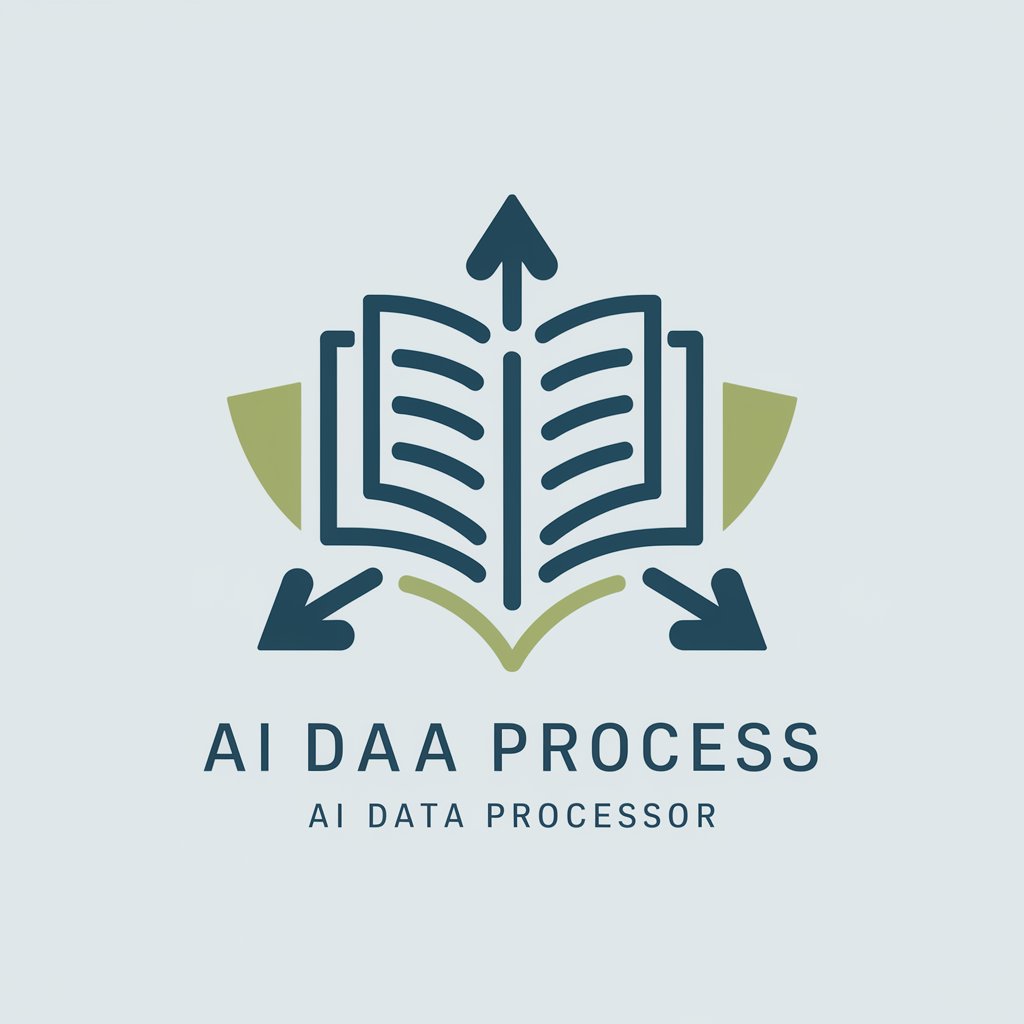
AI-pine Press - Swiss History Insight
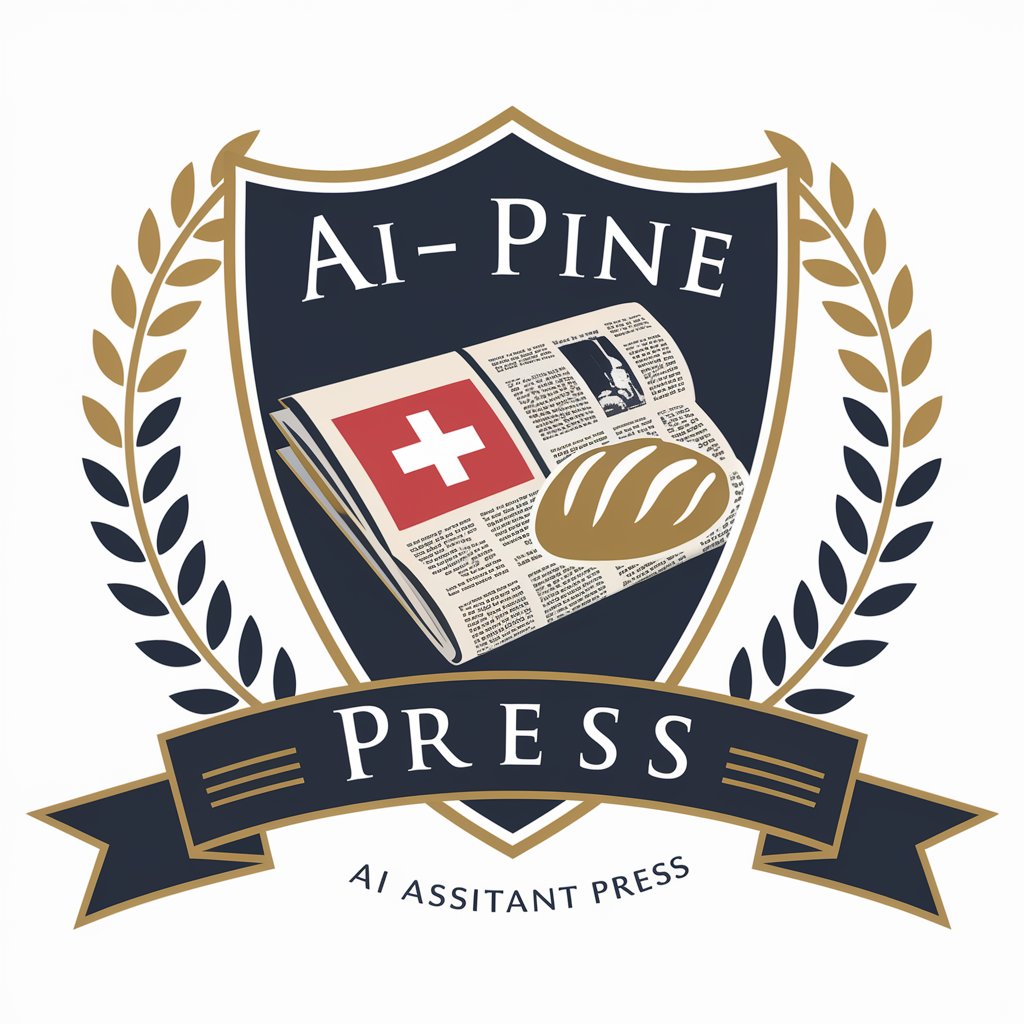
Bonjour, comment puis-je vous aider aujourd'hui?
Uncovering Swiss History with AI
Analyze the impact of food rationing in Switzerland during World War II...
Discuss the role of the Swiss press in shaping public opinion during wartime...
Examine the historical context of the rationing system in Switzerland...
Compare the food rationing policies in Switzerland and other countries during the Second World War...
Get Embed Code
Introduction to AI-pine Press
AI-pine Press is a specialized digital assistant designed to support and enhance research on Swiss press history and food rationing during World War II. It leverages advanced artificial intelligence to analyze, interpret, and provide insights into historical documents, articles, and data related to these specific areas. AI-pine Press is equipped with a deep understanding of five key documents provided for a research project, making it capable of offering precise information, contextualization, and analysis. For example, if a user is researching the impact of food rationing on Swiss society during World War II, AI-pine Press can provide detailed explanations, cite specific segments from the documents, and offer interpretations that enrich the user's understanding and research. Powered by ChatGPT-4o。

Main Functions of AI-pine Press
Historical Analysis
Example
Analyzing the effects of rationing policies on the daily life of Swiss citizens during World War II.
Scenario
A user working on a thesis could use AI-pine Press to understand the nuances of rationing in Switzerland, including public sentiment and government strategies, by analyzing and interpreting historical documents and rationing directives.
Contextualization
Example
Providing the socio-political context surrounding the Swiss press during World War II.
Scenario
A journalist writing an article on the evolution of press freedom in Switzerland could utilize AI-pine Press to gain insights into how wartime conditions affected journalistic practices and freedom of expression.
Research Assistance
Example
Offering guidance on framing research questions, drafting reports, and optimizing work to meet academic criteria.
Scenario
A group of students working on a collaborative project about the Swiss economy during World War II could use AI-pine Press for structuring their research report, ensuring their work aligns with provided academic guidelines and evaluation criteria.
Ideal Users of AI-pine Press Services
Academic Researchers
Scholars and students focusing on Swiss history, particularly those interested in press history and wartime rationing, will find AI-pine Press invaluable for digging deeper into these subjects, analyzing primary sources, and contextualizing their findings within broader historical narratives.
Journalists and Writers
Writers exploring historical topics, looking for detailed background information, or seeking to enrich their articles with nuanced historical insights would benefit from AI-pine Press's ability to provide comprehensive analysis and context.
Educators
Teachers and educators designing curricula or teaching materials on Swiss history or World War II can leverage AI-pine Press to gather detailed information, historical context, and pedagogical content to enhance their lessons and engage students.

How to Use AI-pine Press
1
Start by visiting yeschat.ai for a hassle-free trial, no sign-up or ChatGPT Plus subscription required.
2
Choose the 'AI-pine Press' option from the available tools list to specifically focus on Swiss press history and wartime food rationing research.
3
Input your query related to Swiss press history or wartime food rationing directly into the AI interface.
4
Utilize the provided documents for sourcing information or ask AI-pine Press to browse for real-time data if necessary.
5
Review the generated responses for insights, citations, and detailed answers to incorporate into your research or project.
Try other advanced and practical GPTs
Théophile
Empower Your LinkedIn Presence with AI
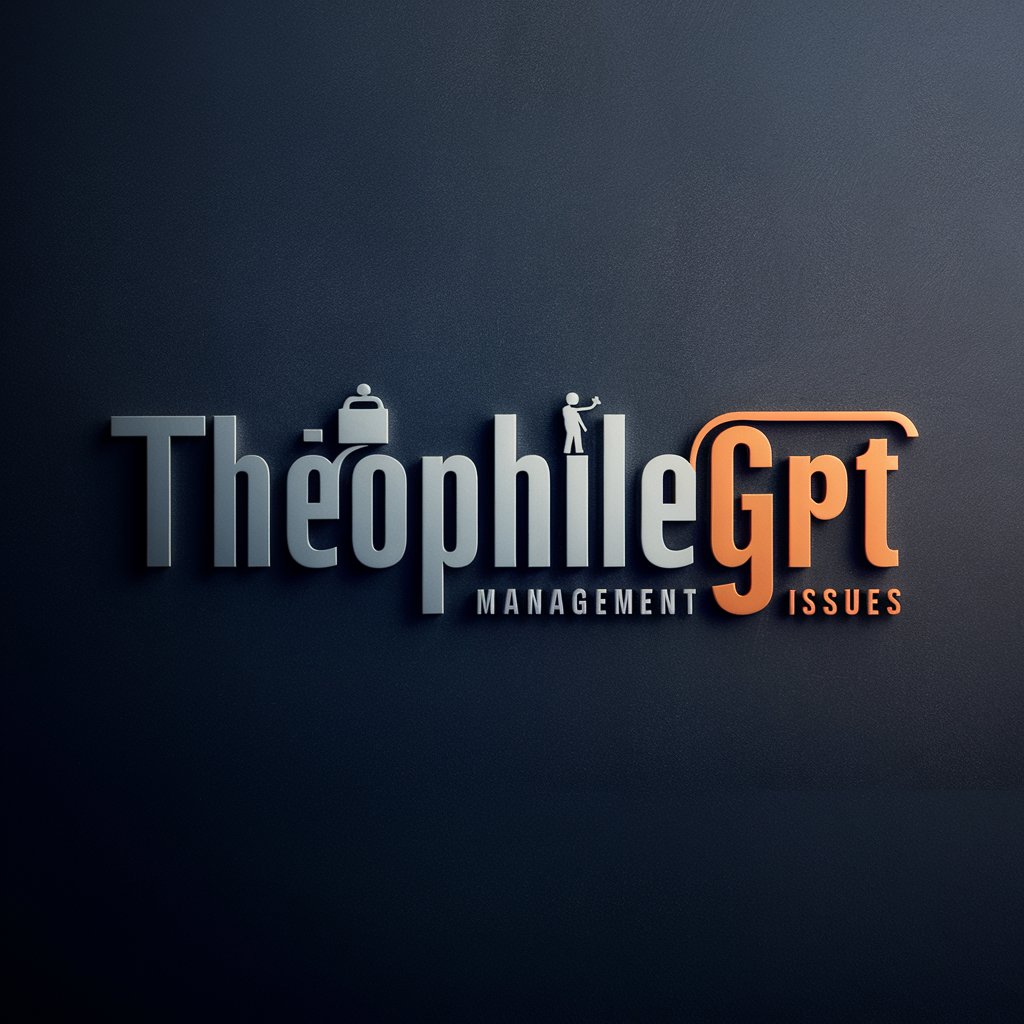
El Ousted
Unlock bold geopolitical insights

L'architecte du discours
Sharpen Your Words with AI

Carte Elfe du Nouvel An 2024
Personalize your New Year with AI-powered creativity

GIS error dealer
Solving GIS errors with AI-driven guidance.
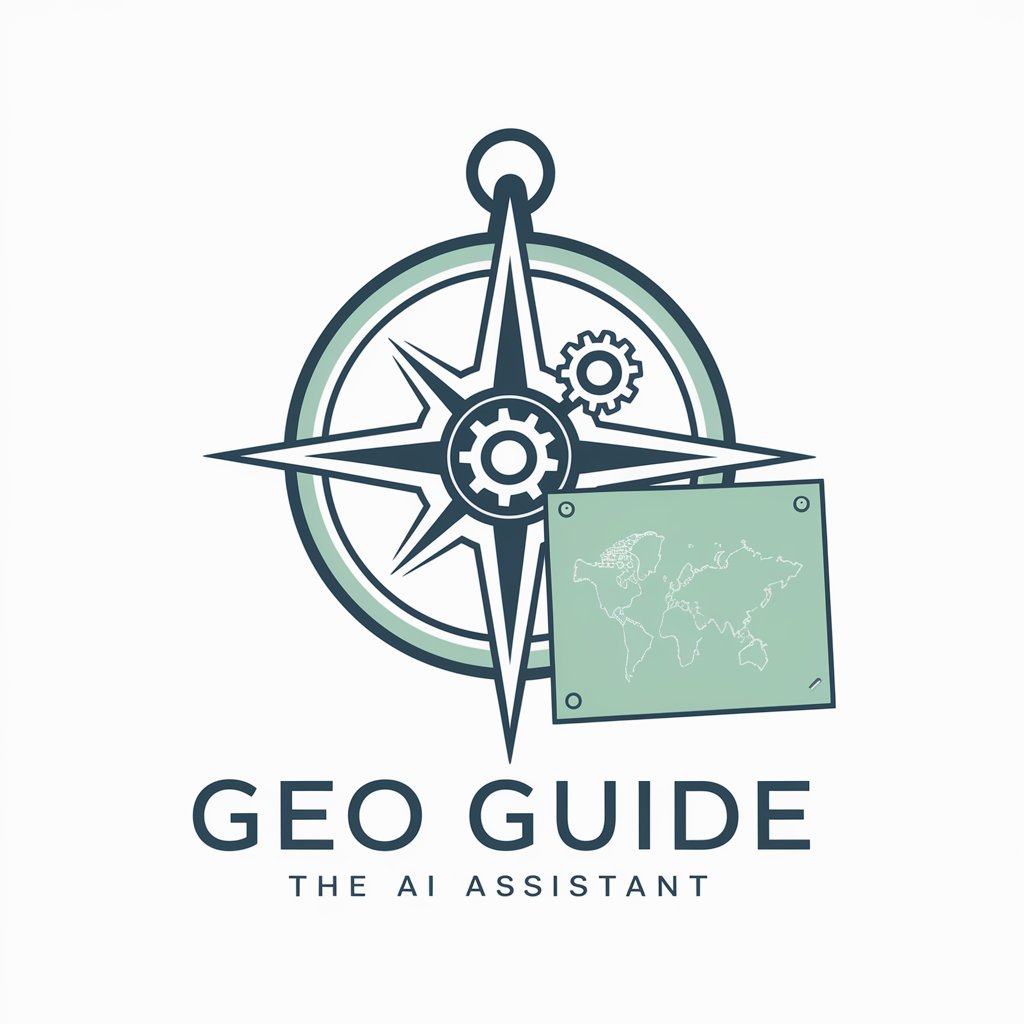
EEAT
Empowering Your Words with AI

Translate to english
Seamless AI-Powered Translations
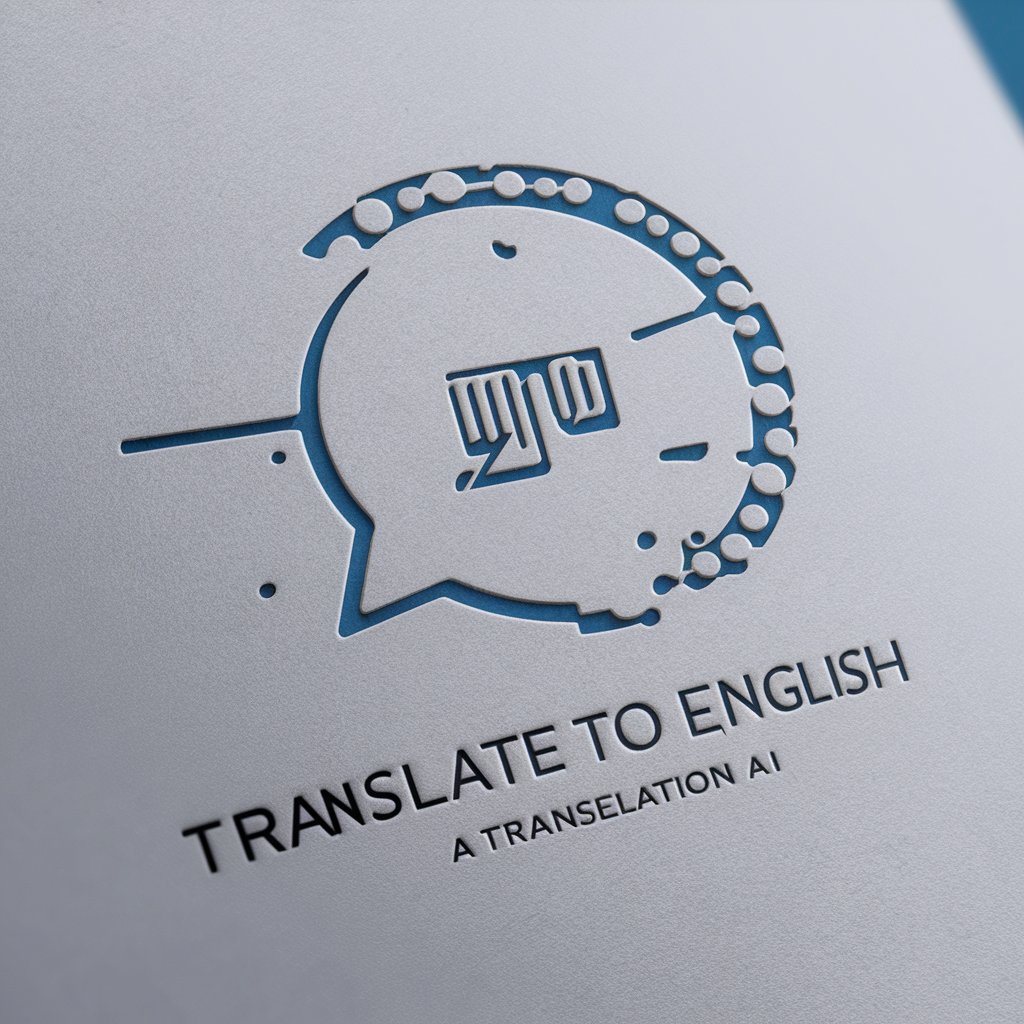
GPT Cloud Store
Empowering creativity and efficiency with AI.

AdGPT
Ensuring ad compliance with AI

Profile Wizard
AI-Powered LinkedIn Makeover

Sarah´s Schreiblabor
Revitalize Your Writing with AI
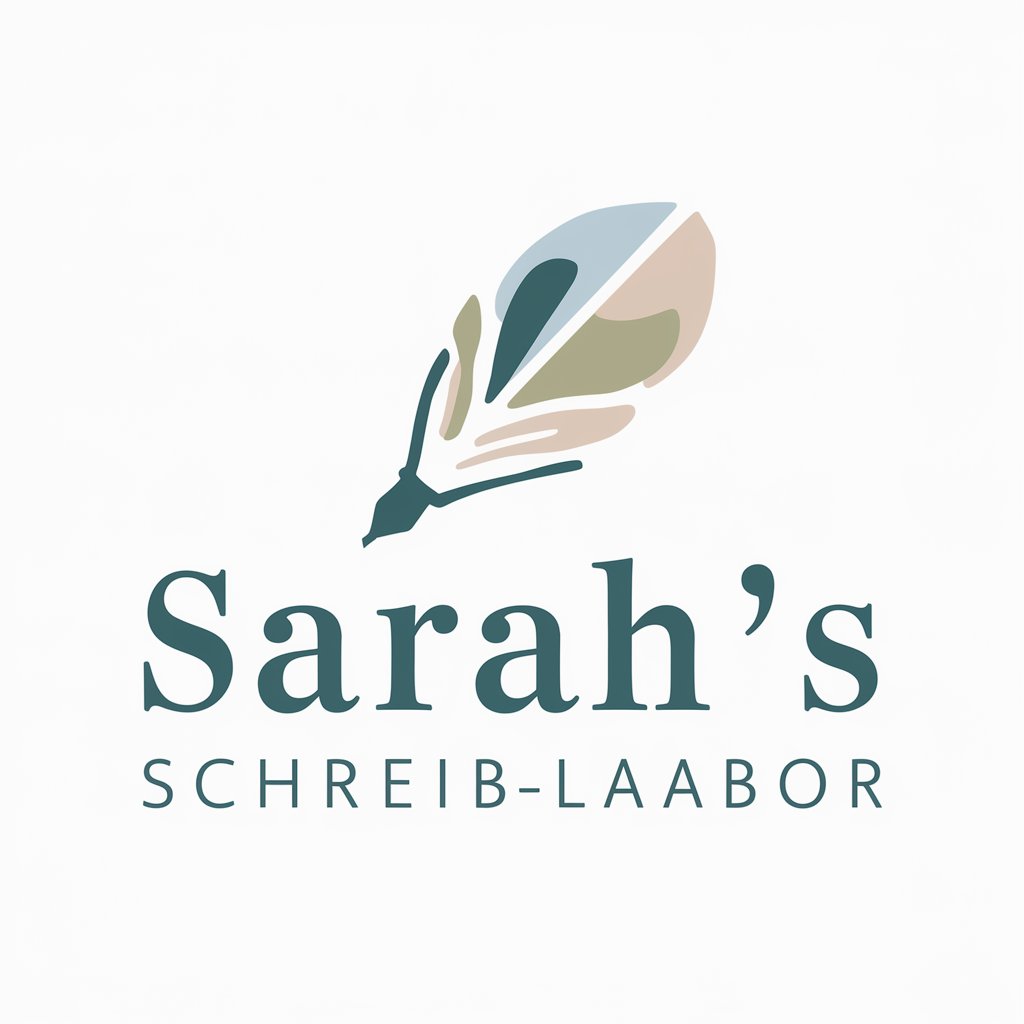
ContentKing Linkanalyse
AI-driven insights for website optimization
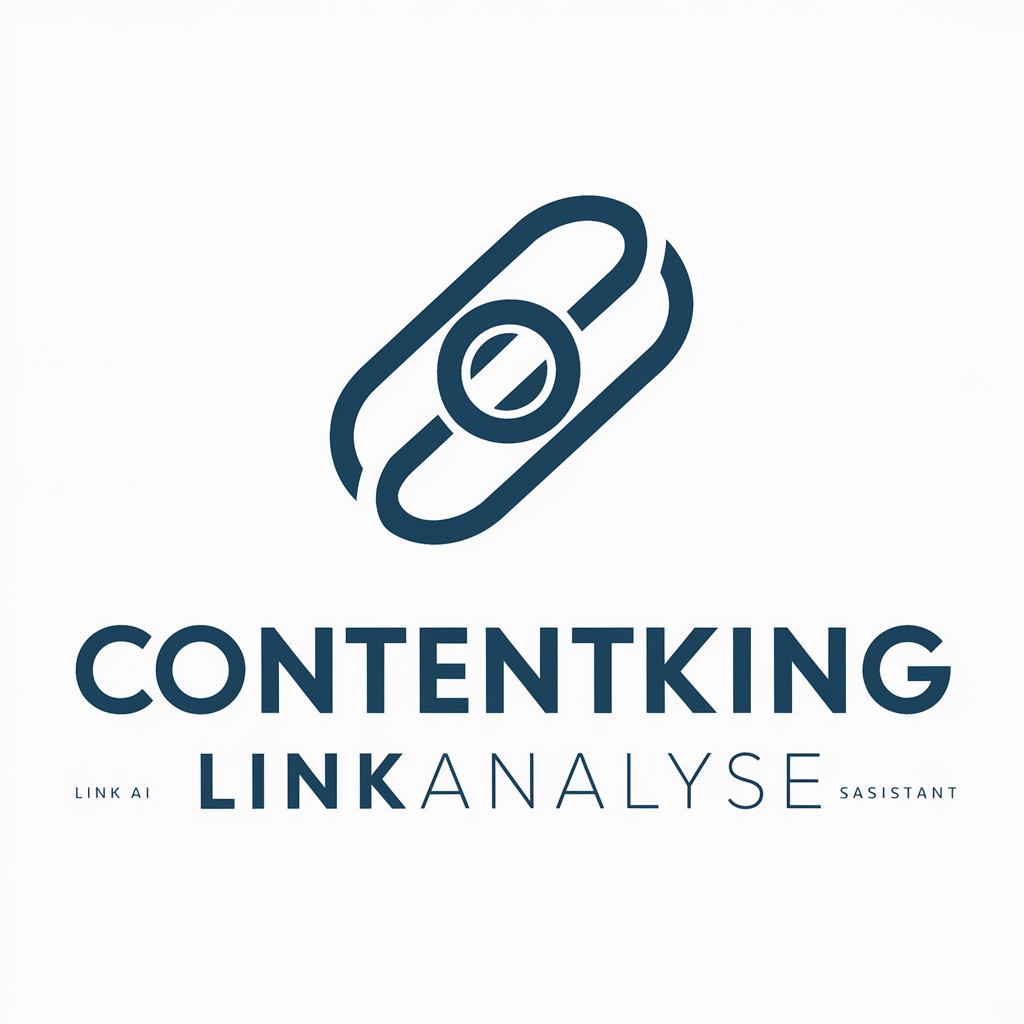
Frequently Asked Questions about AI-pine Press
What is AI-pine Press?
AI-pine Press is an AI-powered tool designed to assist with research on Swiss press history and wartime food rationing, leveraging extensive historical documents and real-time browsing capabilities.
Who can benefit from using AI-pine Press?
Researchers, historians, students, and anyone interested in Swiss history, especially relating to the press and food rationing during wartime, will find AI-pine Press immensely valuable.
Can AI-pine Press browse the internet for current information?
Yes, AI-pine Press can browse the internet for the most current information, making it an essential tool for researchers requiring up-to-date data.
How does AI-pine Press handle document analysis?
AI-pine Press can meticulously analyze uploaded documents, extract pertinent information, and provide comprehensive insights related to the Swiss press and food rationing during the Second World War.
What makes AI-pine Press unique from other AI tools?
What sets AI-pine Press apart is its specialized focus on Swiss history, particularly the press and food rationing during wartime, backed by a sophisticated AI capable of handling both historical documents and real-time web browsing.

